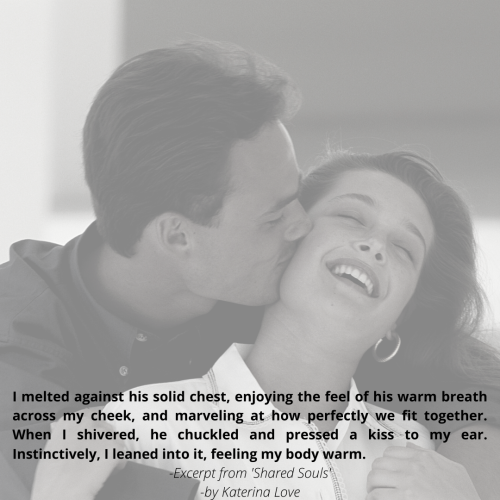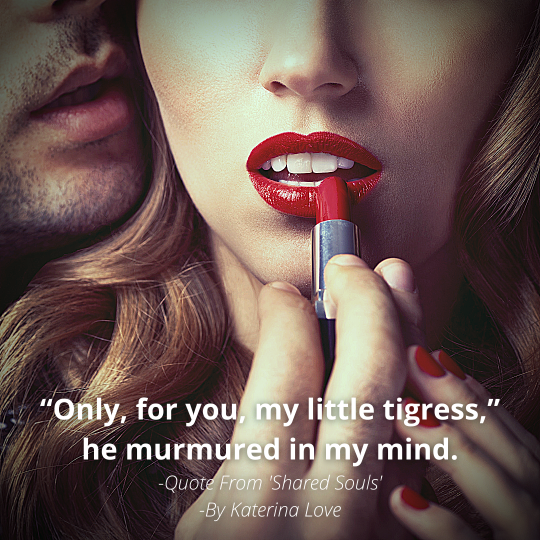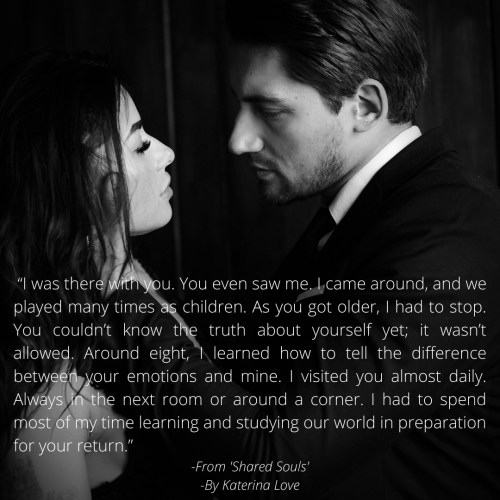#romantic poetry
(Another romantic poem! And a famous one too, especially the first stanza.)
Dwelling Upstream
By Li Zhiyi (Song dynasty, early 12th century)
My dwelling is upstream,
And yours, downstream.
I think of you daily and yet my eyes don’t find your lovely image,
Though we drink from the same river (1).
The surging waters do not stop,
My bitter pining cannot cease.
I only hope our thoughts agree and we’re of the same mind,
Lest this longing be in vain.
—————————-
Notes:
- River: the river is this poem is the Yangtze River ( 長江) .
—————————-
Original Text (Traditional Chinese):
《卜算子•我住長江頭》
[宋] 李之儀
我住長江頭,君住長江尾。
日日思君不見君,共飲長江水。
此水幾時休,此恨何時已。
只願君心似我心,定不負相思意。
Thinking about how every love song or love prose or love poem is only ever written for just one person to read.
Even if it’s published in a book or printed in a magazine or posted on a blog. Even if it generates income or has a fanbase. Even if it’s carved on a pedestal, sung in concerts.
An open letter, free for all to read, addressed to just one. Only ever truly meant for one.
The intimacy of spending a day with someone and then missing them from the very moment you part ways, knowing they’re probably thinking about you too.
Yeah that’s a love language.
I met you in December, when the cold gets bitter, the sky turns murky, the flowers lay bare.
In this city’s winter where you don’t feel cold, armed by the chill of where you come from. You tell me, back at home, you wake up to your green hills covered in the shein of pearly snow. I shiver at the thought, burying my hands in the depths of my pockets. You link your arm with mine, our pointy elbows keeping me cosy to my roots.
We talk about the weather without the conversation feeling barren. It’s chilly, it’s important. We have an excuse to walk closer among the bustling crowds, our hands almost always brushing each other’s, seeking warmth I haven’t yet found in my life.
In this grey cold we wear pink, purple, and orange hoodies, bright from the head to toe. That must be the reason why my vision tunnels when I look at you, the damp surroundings falling away till it’s just you and your brightness. You’re always in my periphery, bobbing around like a colourful minion. And if you carefully adjust my hoodie on my head, it’s because the wind has been hitting my face for a while, not because you want every wholesome excuse to get closer to me. If I lean my head on your shoulder sitting in an auto, yes it’s because I’m cold, not because I like the way it feels. The day feels short because the sunlight hides face at mere 5:30 in the evening, not because we don’t want to go home even after six long hours of dance practice. If I scoot an inch closer to you sitting on a bench, it’s because that’s where the sunlight is filtering through the trees, not because you feel like sunshine more than actual sunshine.
I’ve always liked winters. Winter with it’s erratic rain, and blue fingers, but this winter isn’t bitter, it’s the sweetest time of my life. This time around when I can just hold someone’s hand when my hand is starting to freeze. When I can hug someone before we part ways, gathering the warmth from his sweater and taking it with me in the metro. When I can hit him playfully after a dumb joke and he won’t feel a thing other than the touch of my fists through the layers of his clothing. When we can pretend to be sipping on our scalding tea because we don’t want to go home yet. When we can make plans to meet up and it not being weird because it’s Christmas, and a day after Christmas, and then it’s going to be New year’s eve, and the the New Year’s day. What can we say, it’s the holiday season. We can walk arm in arm in the crowded tourist places, no, not because I’ve taken a fondness for you and your lameass jokes. Not because you look at me like you’ve known me all your life. Not because we feel this certain sense of psynergy between us. No, none of these make sense. It’s simply because it gets a little cold around here, these days.

And all the lives we ever lived and all the lives to be are full of trees and changing leaves…
Lille,FR

— Handwritten poetry notebook of Emily Brontë, composed between 26 July 1837 and 15 October 1839 (x)

— Handwritten manuscript of ‘Ode to a Nightingale’ by John Keats (x)
8 July 1822



It was on this day in British history, 8 July 1822, that English poet Percy Bysshe Shelley drowned off the coast of Italy. Shelley died after his boat, the Don Juan, sank while he sailed with two of his friends. Shelley’s body was washed ashore and later, in keeping with quarantine regulations, was cremated on the beach near Viareggio. Shelley’s ashes were interred in the Protestant Cemetery, Rome, near an ancient pyramid in the city walls. His grave bears the Latin inscription, Cor Cordium (“Heart of Hearts”), and, in reference to his death at sea, a few lines of “Ariel’s Song” from Shakespeare’s The Tempest: “Nothing of him that doth fade / But doth suffer a sea-change / Into something rich and strange.“
An 1889 painting by Louis Édouard Fournier, The Funeral of Shelley (also known as The Cremation of Shelley), contains inaccuracies. In pre-Victorian times it was English custom that women would not attend funerals for health reasons. Mary Shelley did not attend but was featured in the painting, kneeling at the left-hand side. Leigh Hunt stayed in the carriage during the ceremony but is also pictured. Also, Trelawny, in his account of the recovery of Shelley’s body, records that "the face and hands, and parts of the body not protected by the dress, were fleshless,” and by the time that the party returned to the beach for the cremation, the body was even further decomposed. In his graphic account of the cremation, he writes of Byron being unable to face the scene, and withdrawing to the beach.
We had always been hot-blooded, but cool to the touch
protecting each other from the heat that would surely have been us
the sweat, the pulse of our bodies, intertwined and trembling
the vulnerability that comes with knowing each other’s pleasure.
For too long we tried desperately
to mitigate the damage,
you and I (a forest fire) encroaching on a tiny village of restraint.
Slow burning (at first), but burning steadily still,
and moving inward
until we had burned that village down and began dancing
in the flames.
Your body,
no longer cool to the touch, but red hot and wide open.
I have never enjoyed sweet drinks
It’s always, “Liquor and bitters, please”
I never considered myself to be particularly sweet, either
It never went down well, I preferred the burn of whiskey
Rather than being burned.
But, I’m sweet on you - oh,
I’m sweetest with you.
[]
Once I had you,
The night I first tried you -
Tasted you.
The night I let myself want you…
I found myself appreciating the sweeter things.
Maybe it’s you, your sweetness
That disarms me
That sweetens me.
Maybe it’s you, sweetheart.

Excerpt / Quote form Katerina Love’s Erotic Romance novel Captivated: Due to release in 2021













